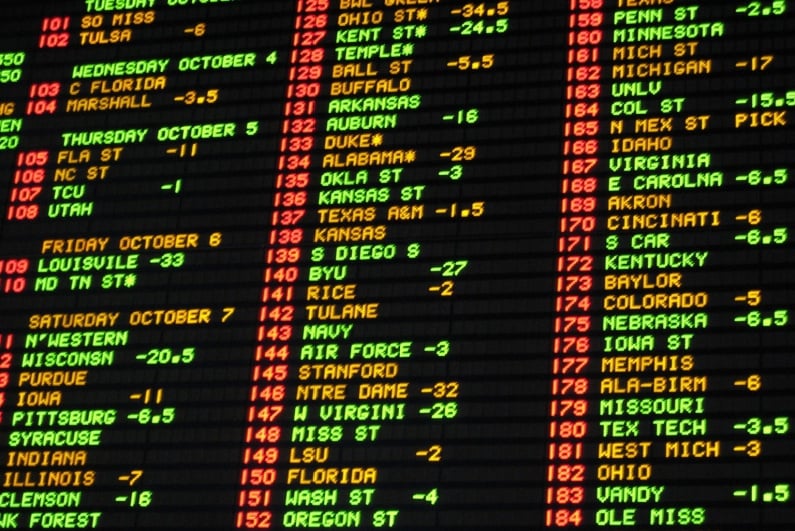
Top News Stories
Casino News
Crime
Most viewed articles
- David Lappin: The Problem With William Kassouf
- Japanese Poker Player Reported Missing Along With $10k WSOP Buy-In Cash
- FanDuel Changes T&Cs After Tipster’s $11 MLB Parlay Wins $2.2m for Subscribers
- Chickasaw Lighthorse Police Hunt Suspect in Fatal Oklahoma Casino Shooting
- American Gaming Association Controversially Welcomes Big Beautiful Bill
- Woman Arrested for Attempted Murder After Firing Gun on Las Vegas Strip
- Top News Stories
- Paddy Power and Betfair Customer Details Leaked in Data Breach
- Bet365 Subsidiary Inks Deal With Italian Soccer Champs Napoli to Bypass Regulations
- Man Loses Out on Jackpot Because He Had Previously Banned Himself From Casinos













